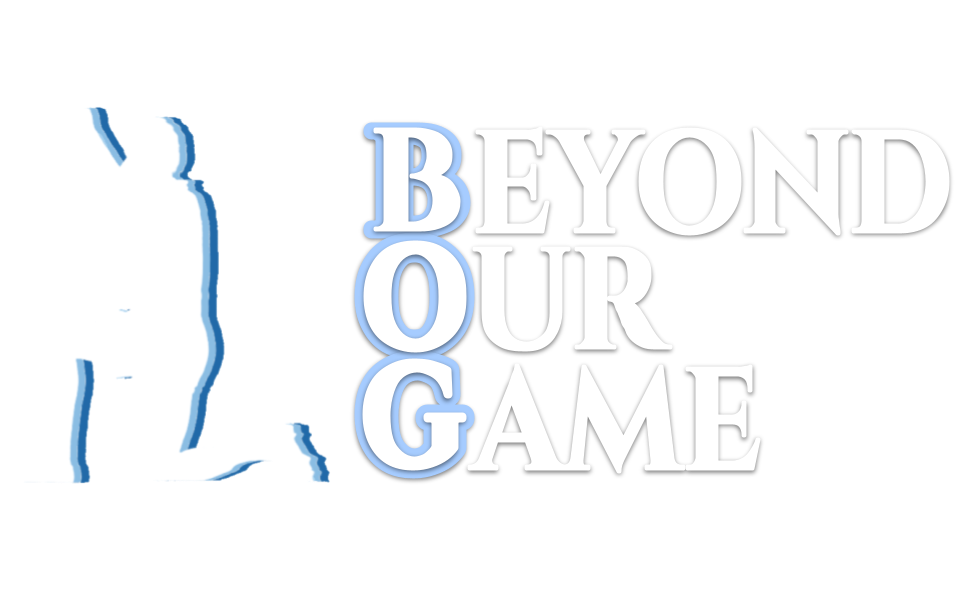Grace's Story
Grace Kim
My parents and all four of my older siblings are athletes and we all suffer from intense competitive spirits. With a family like this, my path had ultimately been paved for me before I was even born. However, I had no complaints. As early as the age of 3 I was playing soccer and by age 4 I was skiing in Colorado with my dad. Not only was everyone in my family involved in competitive sport, but we also found happiness in any sort of physical activity. We all would casually pick up a basketball, ping-pong paddle, or tennis racket just for fun and to spend time together. Since I am six years younger than my closest sibling, I had the fortune of watching them go through life. I sat idly by and observed all the decisions that ultimately led them to college and adult life. Two of my older sisters played collegiate sports and I quickly knew I wanted to do the same. Although I now play field hockey at Duke, that was never the plan. I dreamed of playing soccer in college until I watched my older sister start her field hockey career at Duke. At the beginning of my freshman year of high school, I made the decision to focus on field hockey and let soccer be a mere pastime. Both sports bring me immense joy and I am incredibly happy with my decision.
Although things seemed to have worked out for me, there were challenges and road bumps along the way. As a half-Korean woman, I struggled to understand my identity from a young age. For much of my childhood, my ethnicity rarely crossed my mind, especially since I largely benefited from white privilege. It wasn’t until middle school as everyone began growing up and maturing slightly that I became much more aware that I was different. At my predominantly all-white, all-girls Episcopalian school I found myself surrounded by a sea of blonde, blue-eyed girls. As one of few students of color, the administration often asked me to partake in school shoots for promotional videos and brochures alongside the few other students of color. At this time of my life, I felt that this portrayal of the school was manipulative, and I wasn’t keen on partaking. Now looking back on these moments, I still don’t appreciate the image my school was attempting to depict; however, I wish I had been able to take advantage of the time in a different way. I wish I had been proud of my culture and ethnicity and embraced my differences. Small moments such as those have helped me shape who I am and embrace my identity more genuinely.
After taking global health and sociology classes in my first two years at Duke I was inspired to become a stronger ally to racial minorities. I learned about systemic racism and social determinants of health that opened my eyes much more to the inequalities and injustices that still exist. It wasn’t until the wrongful death of George Floyd in 2020 that I learned what it was to be an anti-racist. New information was circulating so widely during this time that it was impossible not to learn something new every day about how to be a better ally. I utilized the lengthy quarantine to read articles and books to educate myself on the long-lasting social injustices that I have overlooked for so long. The summer quarantine and my return to Duke gave me the opportunity to better understand my role in combating racism. To me, racial equality is not only dependent on institutional changes, but also genuine changes within people’s mindsets.

